How does the African Declaration on Artificial Intelligence aim to shape the future of AI in Africa?
Fifty-four nations have signed a bold declaration aiming for the continent to not just use AI, but to lead its ethical development, cultivate local talent, and craft uniquely African solutions. Discover the key principles and commitments shaping this ambitious vision.
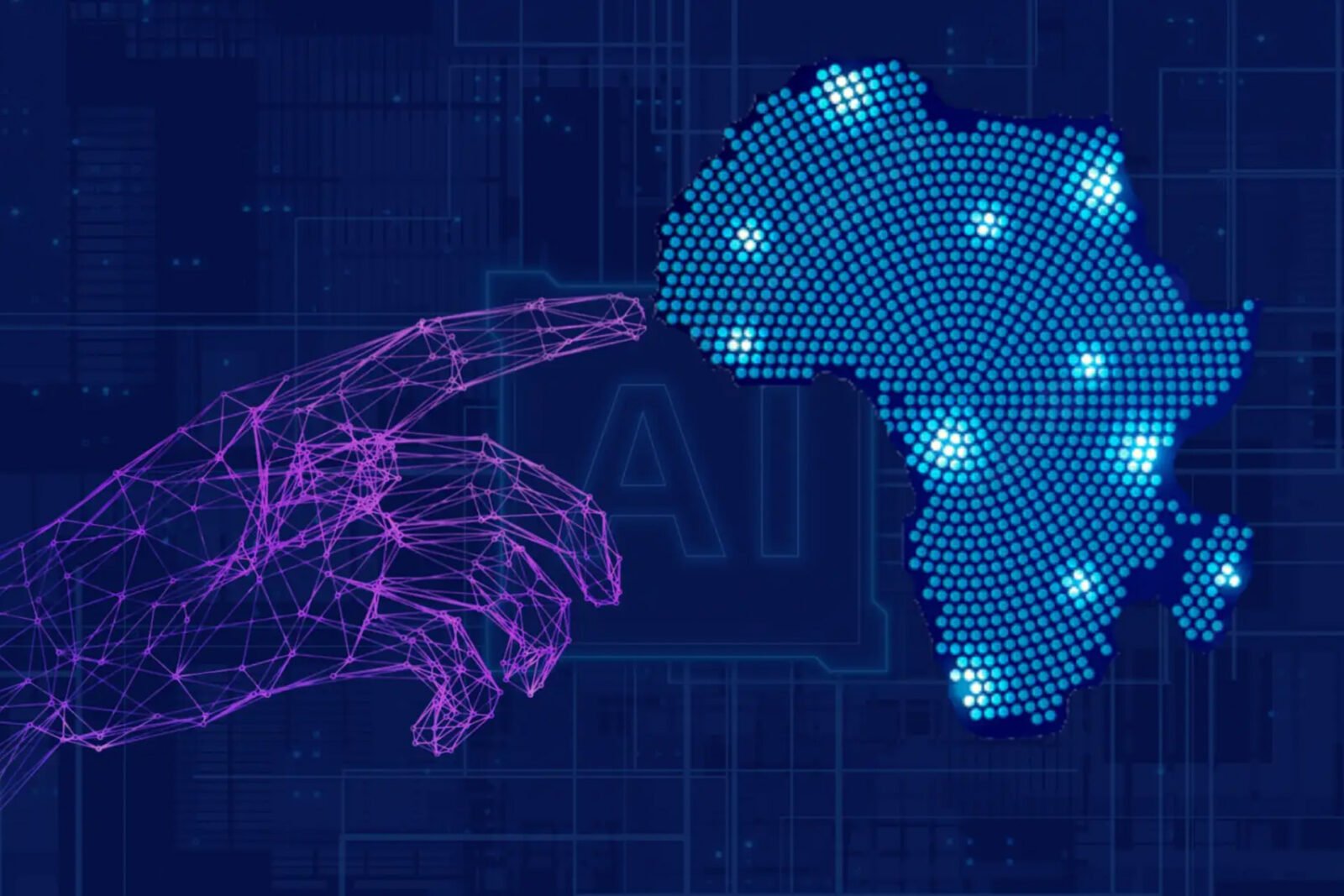
The Africa Declaration on Artificial Intelligence stands as a significant and forward-thinking framework, meticulously crafted to direct the trajectory of artificial intelligence across the African continent. Endorsed by all 54 member states of the African Union at the Global AI Summit held in Kigali, Rwanda, in April 2025, this declaration carries the weight of a unified commitment. Its primary objective is to ensure that Africa actively participates in, maintains sovereignty over, and fosters inclusivity within the global AI landscape. By aligning technological advancements with the continent’s distinct needs, deeply rooted values, and ambitious aspirations, the declaration charts a course for responsible and impactful AI development and deployment.
At the heart of the Africa Declaration on Artificial Intelligence lie several core aims and guiding principles that underscore its significance for the continent’s technological future. Foremost among these is the principle of strategic alignment and sovereignty. The declaration explicitly commits African nations to harmonize their individual national AI strategies with the broader continental objectives. This ensures that the development and application of AI technologies across Africa are in lockstep with the continent’s overarching strategic priorities, reflect its shared cultural values, and respect its diverse societal contexts. Furthermore, the declaration places a strong emphasis on data sovereignty, asserting that data originating from Africa should be controlled and utilized primarily for the benefit and advancement of African populations.
Another fundamental principle enshrined in the declaration is the commitment to ethical and inclusive AI. Africa, through this framework, aspires to establish itself as a global leader in the realm of AI that is not only technologically advanced but also ethically sound, trustworthy, and inclusive in its design and impact. The declaration unequivocally prioritizes the upholding of human rights, the promotion of transparency in AI systems, and the pursuit of environmental sustainability. This commitment ensures that AI technologies are conceived and implemented in a manner that is responsible, equitable, and serves all communities and sectors within Africa.
Driving innovation and enhancing competitiveness across African economies, industries, and societies form another crucial set of objectives within the declaration. It recognizes the transformative potential of AI to spur economic growth and seeks to foster a culture of sustainable and responsible AI design, development, deployment, and governance throughout the continent. By encouraging innovation in AI, the declaration aims to position African nations as competitive players in the global digital economy, capable of leveraging AI to create new opportunities and solve pressing challenges.
To translate these core aims and principles into tangible action, the Africa Declaration on Artificial Intelligence outlines seven main areas of commitment, each designed to shape the future of AI in Africa in a specific and impactful way.
The first of these key commitments is talent development. Recognizing that a skilled workforce is the bedrock of any thriving technological ecosystem, the declaration calls for the establishment of continent-wide AI education initiatives and the integration of AI curricula for youth at all levels of education. It also emphasizes the need to strengthen higher learning institutions and bolster AI research capacity, including the development of PhD programs and the fostering of international research partnerships. Furthermore, the declaration underscores the importance of promoting AI literacy and awareness among all citizens, ensuring that the benefits of AI are understood and accessible to the wider population. To drive contextually relevant research and inform policy decisions with evidence-based insights, the declaration proposes the creation of an African AI Scientific Panel.
The second area of commitment focuses on data and open frameworks. The declaration advocates for the development of frameworks that facilitate the creation of African-controlled open datasets and interoperable AI models, particularly in key sectors such as health, agriculture, and education. It also promotes robust data governance mechanisms and the facilitation of cross-border data flows to ensure data equity and security across the continent. This commitment recognizes the critical role of data in AI development and seeks to establish an environment where African data can be leveraged effectively and ethically.
The third key commitment addresses AI infrastructure. The declaration calls for strategic investments in sovereign, distributed, and resilient AI infrastructure across Africa. This includes the establishment of regional data centers and the development of high-speed network connectivity, recognizing that a strong digital foundation is essential for the widespread adoption and effective utilization of AI technologies.
The fourth area of commitment centers on market and investment. To fuel the growth of Africa’s AI ecosystem, the declaration proposes the launch of a substantial $60 billion Africa AI Fund. This fund aims to attract public, private, and philanthropic investment to support African AI startups, scale critical research initiatives, and foster vibrant innovation ecosystems across the continent.
The fifth key commitment focuses on responsible governance. The declaration calls for the establishment of an Africa AI Council, a body that will be responsible for overseeing AI policy, governance, and cross-border cooperation. It also emphasizes the need to develop harmonized regulatory frameworks across African nations to ensure the safe, ethical, and effective deployment of AI technologies, protecting citizens and building public trust in these systems.
The sixth area of commitment underscores the importance of institutional cooperation. The declaration encourages strong collaboration between governments, the private sector, academic institutions, and civil society organizations to maximize the benefits of AI and effectively manage any associated risks. This recognizes that a multi-stakeholder approach is essential for the successful development and deployment of AI in a way that serves the best interests of the continent.
Finally, the seventh key commitment focuses on socioeconomic impact. The declaration emphasizes the strategic use of AI to advance critical areas such as health, education, climate resilience, and broader sustainable development goals across Africa. It aims to ensure that AI technologies are specifically directed towards addressing the continent’s most pressing challenges and contributing to the overall well-being of its people.
To ensure that the ambitious vision of the Africa Declaration on Artificial Intelligence is translated into tangible results, the framework outlines specific mechanisms for implementation and oversight. The establishment of the Africa AI Council is a cornerstone of this strategy. This newly formed body will be responsible for overseeing AI governance and policy across the continent, ensuring that the commitments made in the declaration are translated into concrete actions and that Africa’s AI agenda remains unified and forward-looking. Complementing this council is the proposed African AI Scientific Panel. This panel of experts will be tasked with guiding research efforts and providing evidence-based recommendations on the potential risks, opportunities, and socioeconomic impacts of AI in the African context.
In conclusion, the Africa Declaration on Artificial Intelligence represents a bold and comprehensive roadmap for the continent’s digital future. By prioritizing principles of sovereignty and inclusivity, fostering talent development, investing in crucial infrastructure, and establishing ethical governance frameworks, the declaration sets a clear path for Africa to emerge as a leader in the realm of responsible AI. Its overarching aim is to ensure that Africa actively builds with AI, rather than passively consuming technologies developed elsewhere. The ultimate success of this landmark declaration will hinge on the continent’s ability to transform its visionary goals into concrete actions, maintain sustained investment in the AI ecosystem, and foster robust cross-border collaboration. Only through such concerted efforts can Africa truly harness the transformative power of artificial intelligence to serve its people and realize its full potential in the global AI era.
Recent Posts
Related Articles
Why Africa’s Business leaders are betting big on AI
African Business Leaders Champion AI: Strategic Investments and Transformative Initiatives Reshaping the...
ByTrendit AfricaMain Goals of the Global AI Summit on Africa
Leaders and innovators convened in Kigali for the Global AI Summit on...
ByTrendit AfricaAfrica’s AI Era Is Here — Build With It or Get Left Behind
AI is here in Africa, promising massive economic growth and already changing...
ByTrendit AfricaHow African Creators Are Using AI to Take Their Work to the Next Level
How African Creators Are Using AI to Outwork, Outsmart, and Outcreate.
ByTrendit Africa





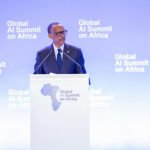

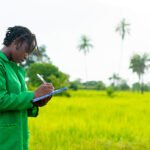



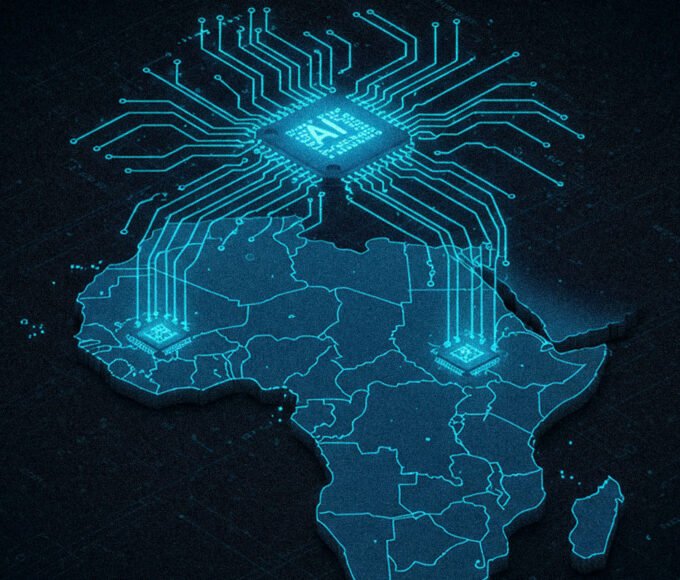
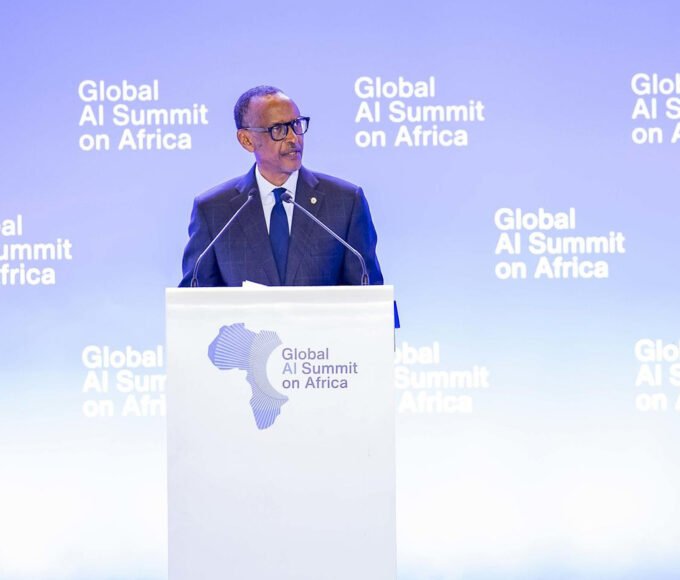

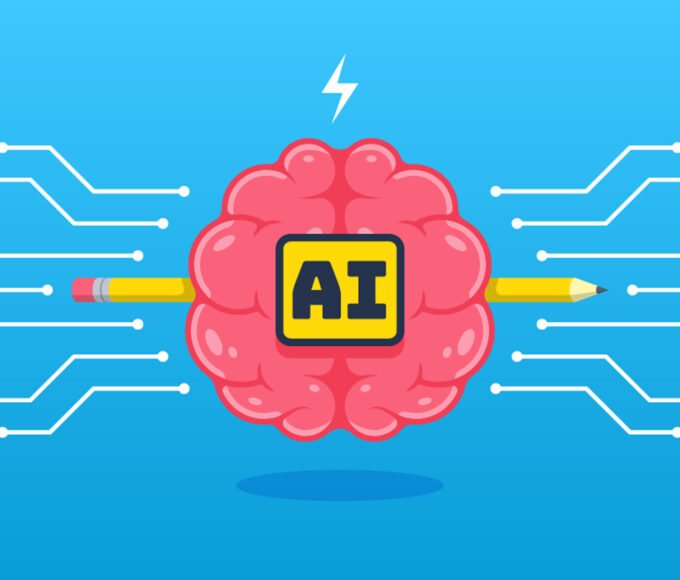
Leave a comment